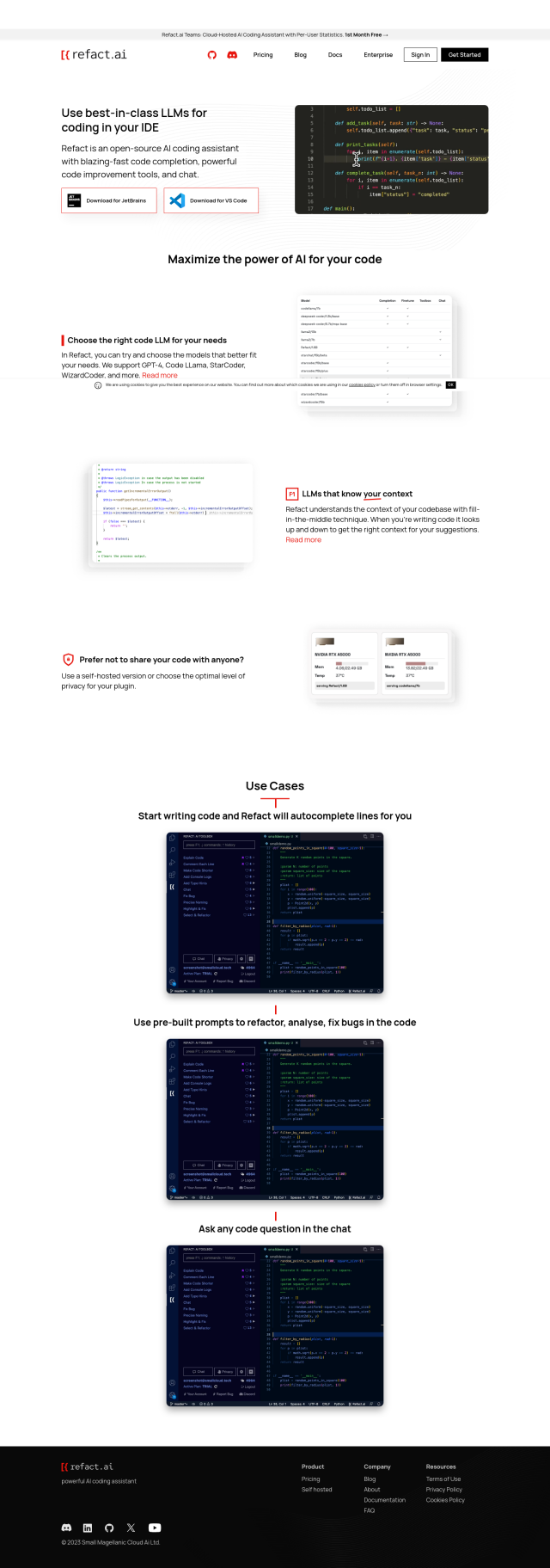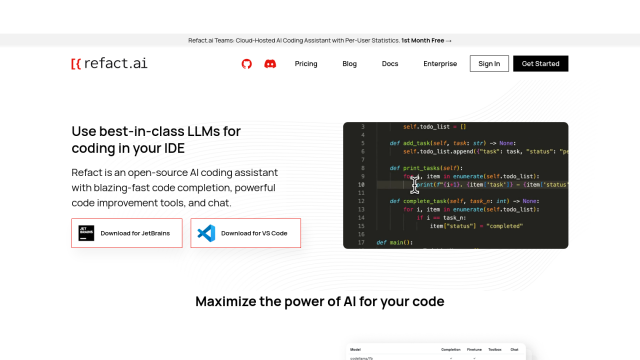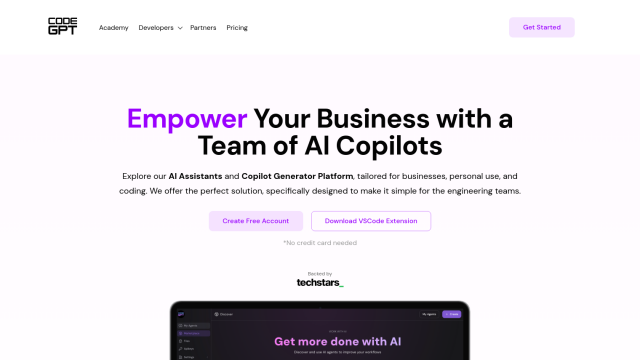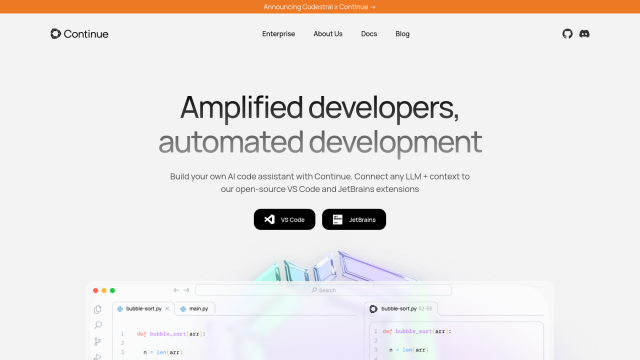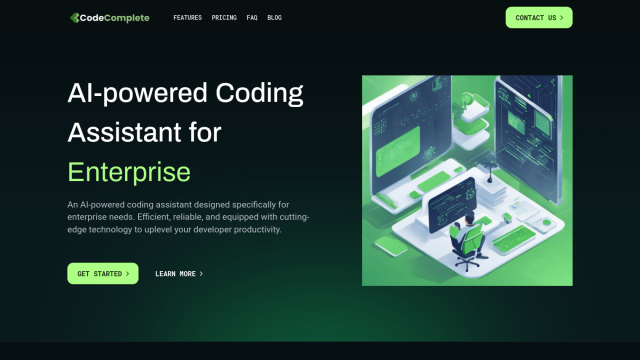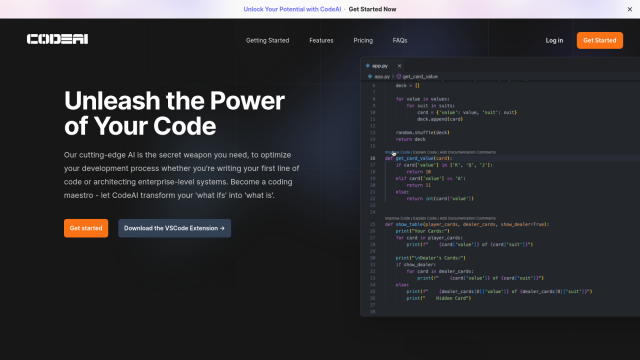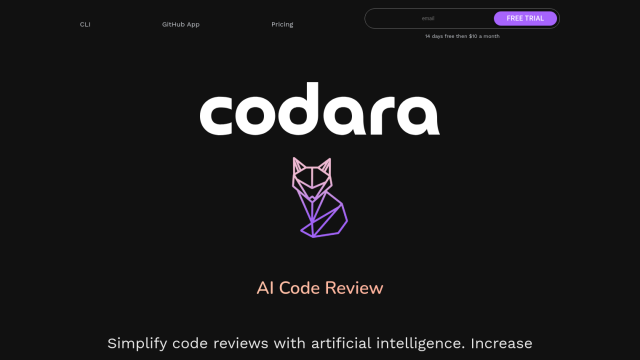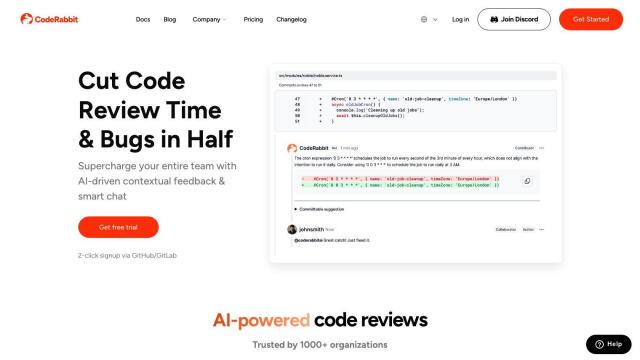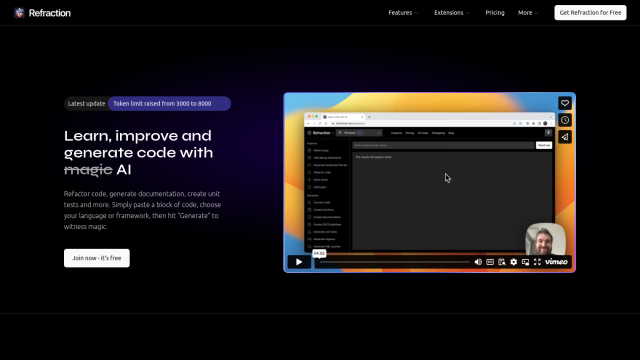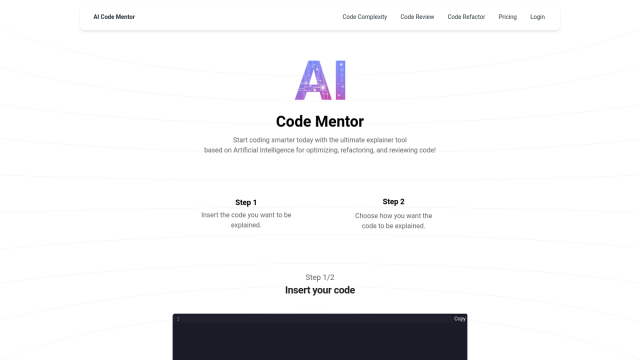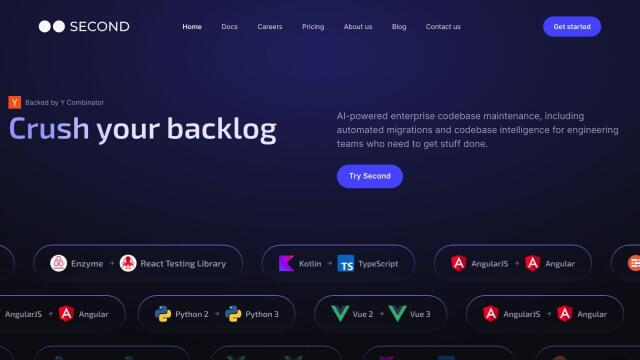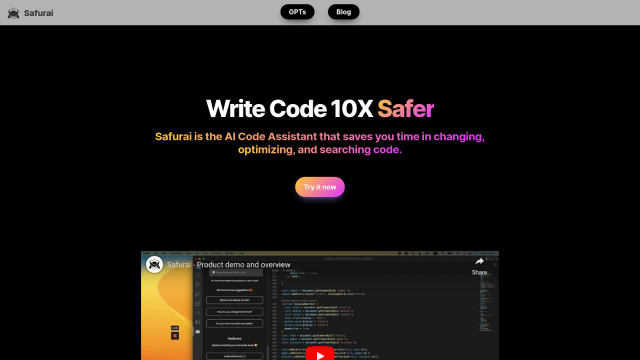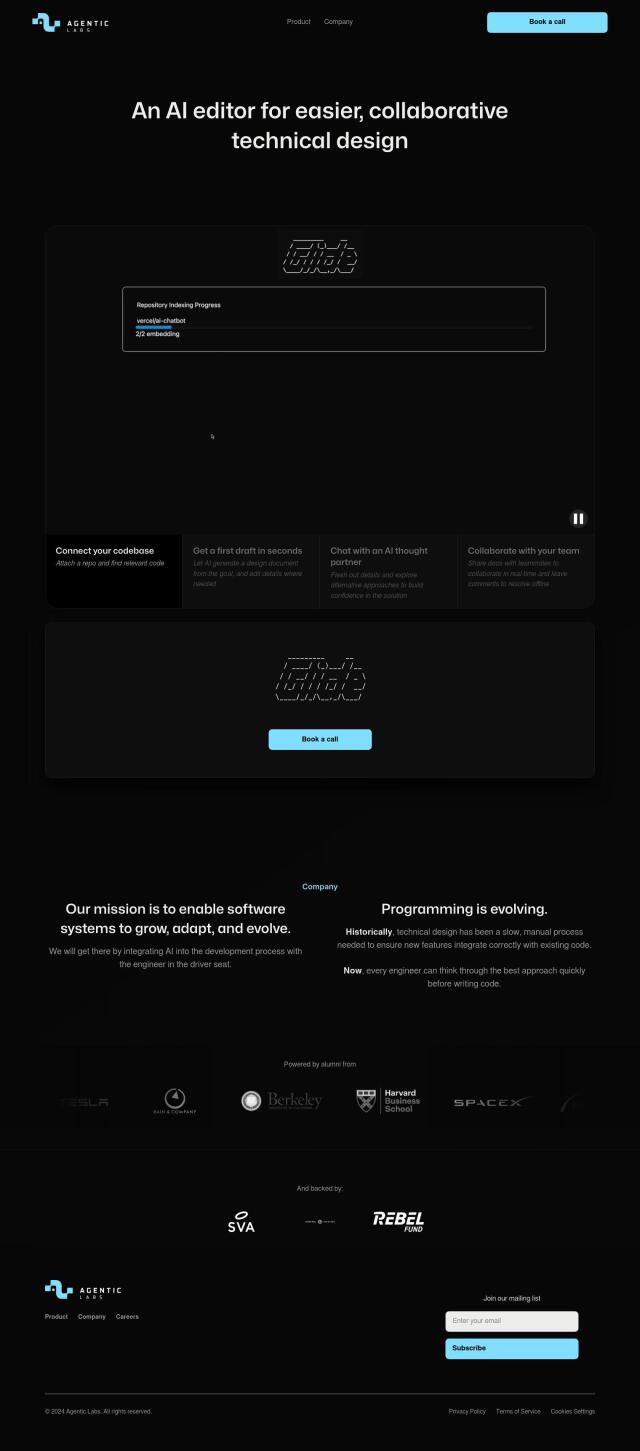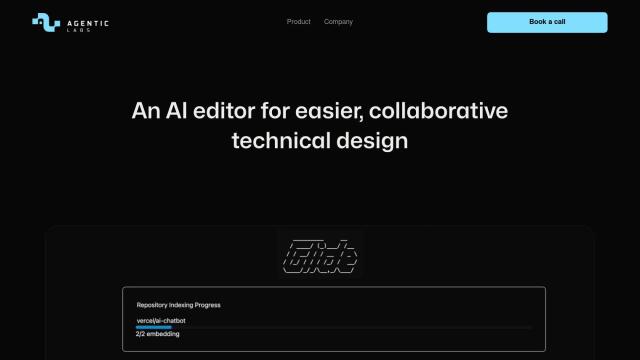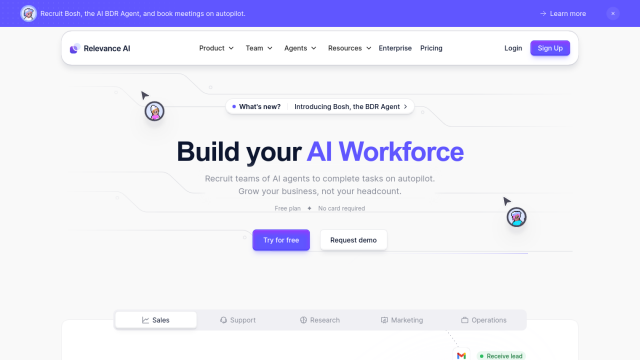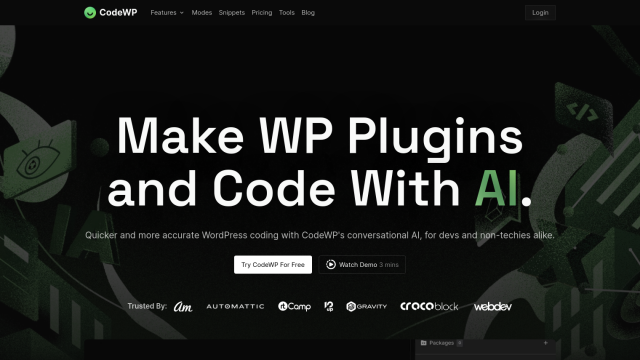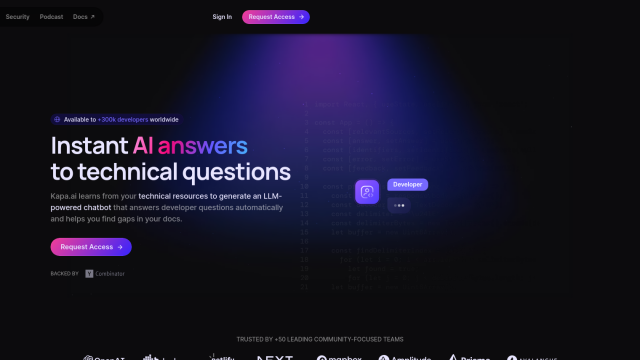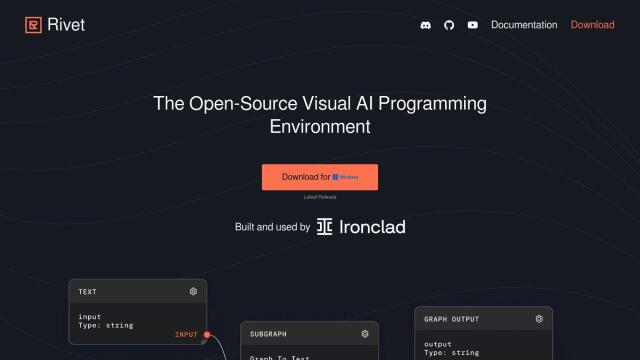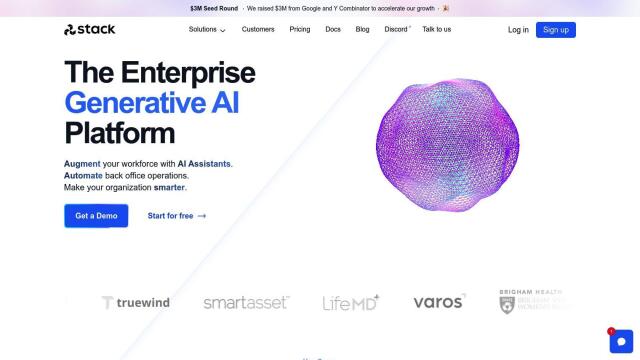Question: I'm looking for a solution that can learn from experience and recover from mistakes in software development projects.
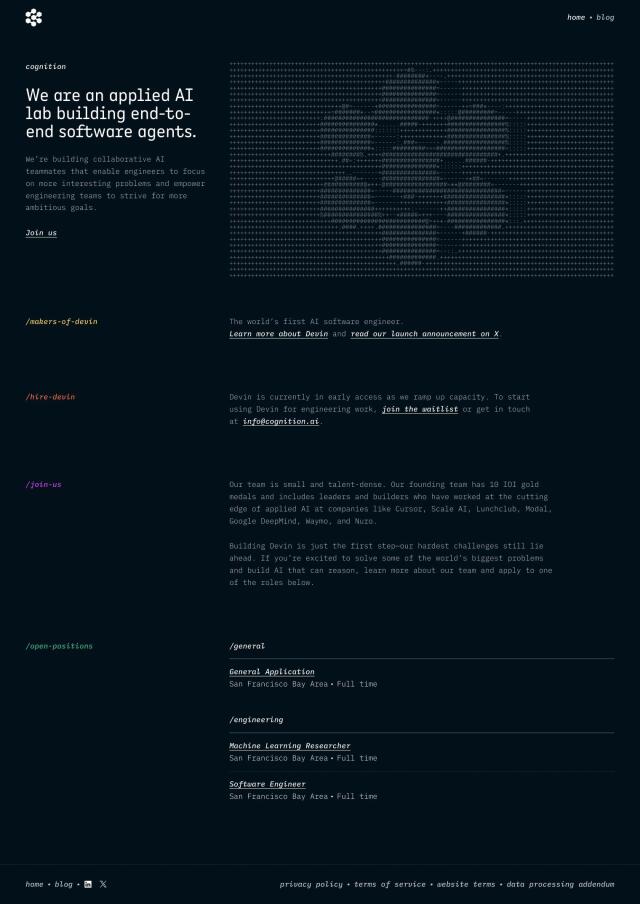
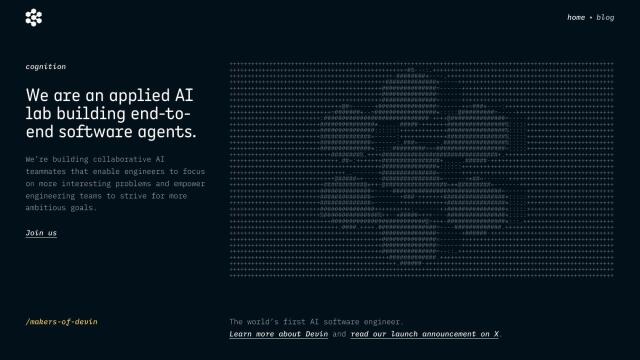
Cognition
If you're looking for a tool that can learn from experience and learn from its mistakes in software development projects, Cognition is a great option. Cognition's AI software engineer, Devin, works alongside human engineers to plan and execute complex projects. It retains context information, learns over time, and can correct its own mistakes. Devin can perform tasks like building and deploying applications, debugging, and training AI models, making it a powerful tool for automating mundane tasks and letting engineers concentrate on higher-level challenges.

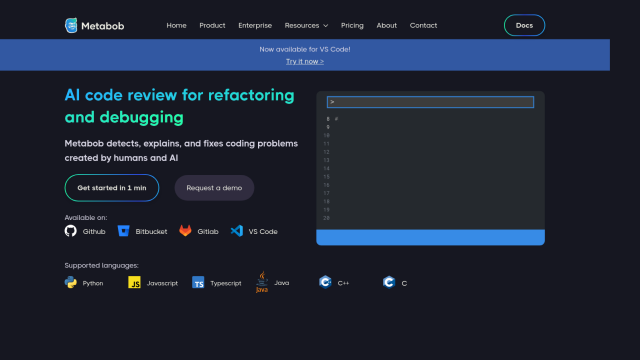
Metabob
Another interesting tool is Metabob, an AI-powered coding assistant that uses graph-attention networks and generative AI for code review, refactoring and debugging. It can help improve software security and quality by identifying and fixing complex coding problems in codebases. With features like AI code review, software security scanning and integration with popular development tools, Metabob can be very useful for maintaining legacy code and vetting AI-generated code.

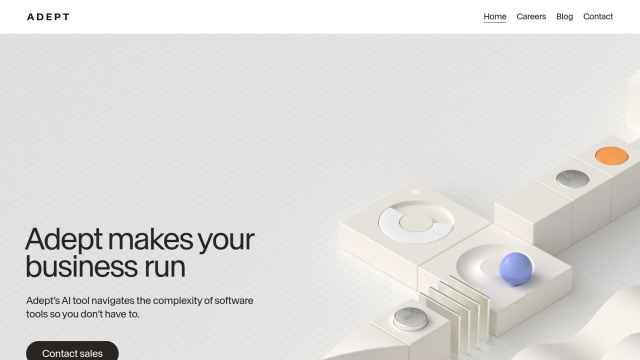
Adept
For a more general AI-based approach, Adept offers a machine learning technology that automates knowledge work tasks like clicking and typing. It can navigate software complexity, letting small teams scale big ideas by working in collaboration with AI models. Adept automates repetitive tasks using existing software tools and APIs, which means it can be useful for generating reports and creating graphics without requiring a lot of programming.

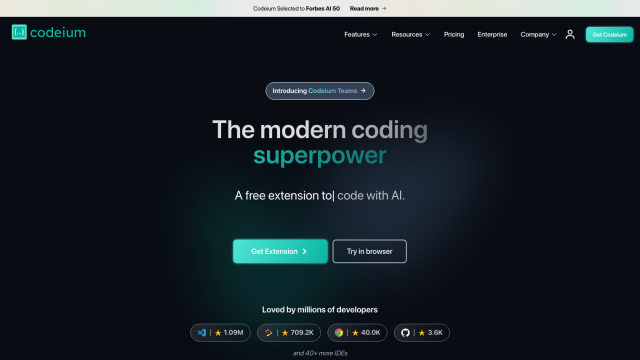
Codeium
Last, Codeium offers an AI-powered coding assistant that can boost productivity with features like advanced code completion, search and chat. It supports more than 70 programming languages and integrates with leading IDEs, and Codeium offers fast and accurate autocomplete, AI-powered search and an AI chat assistant that writes boilerplate code and suggests bug fixes. It's designed for individual developers and teams, with a focus on data security and privacy, including encrypted data transmission.
